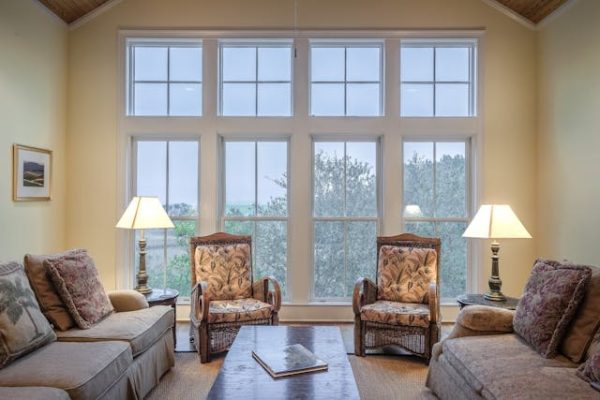Nursing home neglect is a serious problem that goes unreported a lot of the time. It affects some of society’s weakest individuals, such as elderly people who live in long-term care facilities.
94,499 health complaints were sent to U.S. nursing homes in 2023, according to the Centers for Medicare and Medicaid Services. 8.1% of the citations (7,654) were about people mistreating, neglecting, or taking advantage of nursing home residents.
According to an Orange county nursing home neglect lawyer, someone in the family who saw the abuse or neglect and felt bad because it could file a claim for “negligent infliction of emotional distress,” which is something that a lawyer should look into. Attorneys who handle claims of nursing home neglect are significant in helping victims get justice and money.
These lawyers carefully look into the alleged neglect. It might be possible to tell if the standard of care was broken by looking at medical records, talking to witnesses, and using medical experts’ advice. After collecting enough proof, lawyers can sue the facility for negligence, abuse, or breaking state and federal laws.
Here is an overview of how lawyers approach claims of neglect in nursing homes.
Understanding Nursing Home Neglect
Neglectful caregivers harm a person when they do not meet care standards. Their actions cause emotional and physical injury.
Environment and signs of neglect range from being unclean to malnutrition and lack of medical care. Examples are loss of weight without known reason, frequent infections, or refusal of social engagement with other residents.
It’s important to keep a close eye on things and quickly recognize these signals. It could cause your loved one a lot of mental stress, which is said to affect their health and quality of life.
Gathering Evidence and Documentation
You need to gather proof and documentation to make your case once you are embroiled in a case of nursing home neglect.
Find evidence in medical records that comprises your loved one’s health status and any treatment received.
Take photos of injuries or hazards. Clear visual proof heavily influences the outcome of a nursing home neglect case. Maintain a log of events, with dates, times, and witnesses.
Discuss with other residents or family members to collect evidence that will prove cases of neglectful practice. Copies of the facility’s policies and procedures on care are also important.
Retain copies of correspondence on concerns raised with management. Complete documentation will fortify your case and provide further context about the neglect your loved one has faced.
Evaluating the Case and Damages
After collecting evidence and documents, the next action is to evaluate your case and damages. An attorney will conduct an analysis on the evidence, looking for hints of neglect or abuse to support the claim. Such evidence should include medical records, witness statements, and photographs of wounds.
Think about what damages you’ve suffered. They might be medical bills, emotional distress, and loss of quality of life. Your attorney will help quantify that damage into solid argumentation.
An evaluation of both the case and the damage will help determine the potential compensation. That way, you will be better prepared to confidently pursue justice for the loved one in your case.
Negotiating With Insurance Companies
Be prepared for the fact that insurance companies try their best to pay as little as possible. Assemble all evidence, including medical records and witness statements, to enhance your case.
Clearly state the effects of the neglect on your loved one’s quality of life. Remain firm but flexible. Know their predatory strategies, and do not easily accept the initial offer.
When negotiations are not working, consider hiring an attorney knowledgeable in such cases to handle your claims. They will help you assert your right to receive fair compensation as you walk through this process.
Filing a Lawsuit and Court Proceedings
Court proceedings must be understood if a case of neglect in a nursing home is to be filed.
First of all, the attorney needs to prepare and file a complaint stating your allegations and claiming the damages sought. After filing the complaint, the nursing home will be given a time frame within which to respond.
The next phase is discovery, wherein both parties exchange information and evidence with which to strengthen their case.
A mediation meeting may take place to explore possibilities for a settlement before trial. If settlement negotiation fails, your case will proceed to trial, where you would be presenting evidence and witness testimony.
A judge or a jury would then return a verdict. Your lawyer will be there for you, helping you understand each step and protecting your loved one’s rights.


